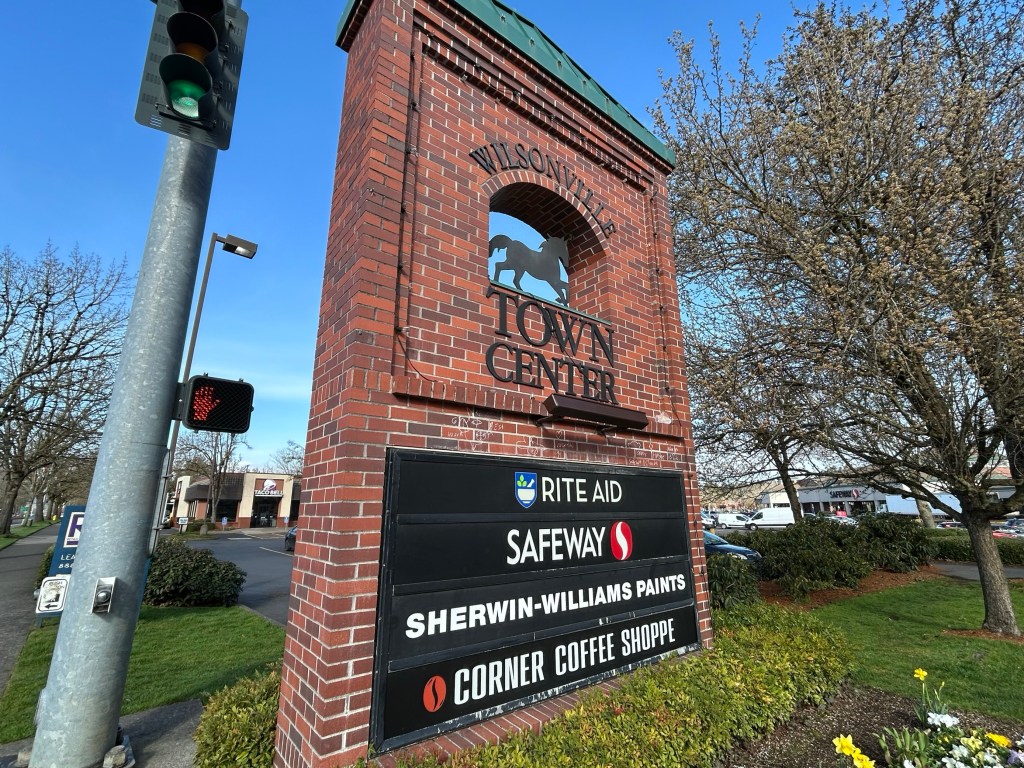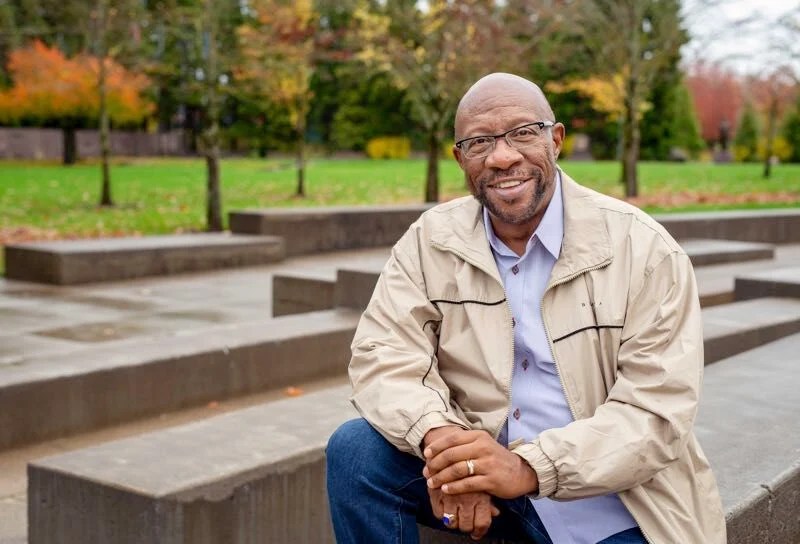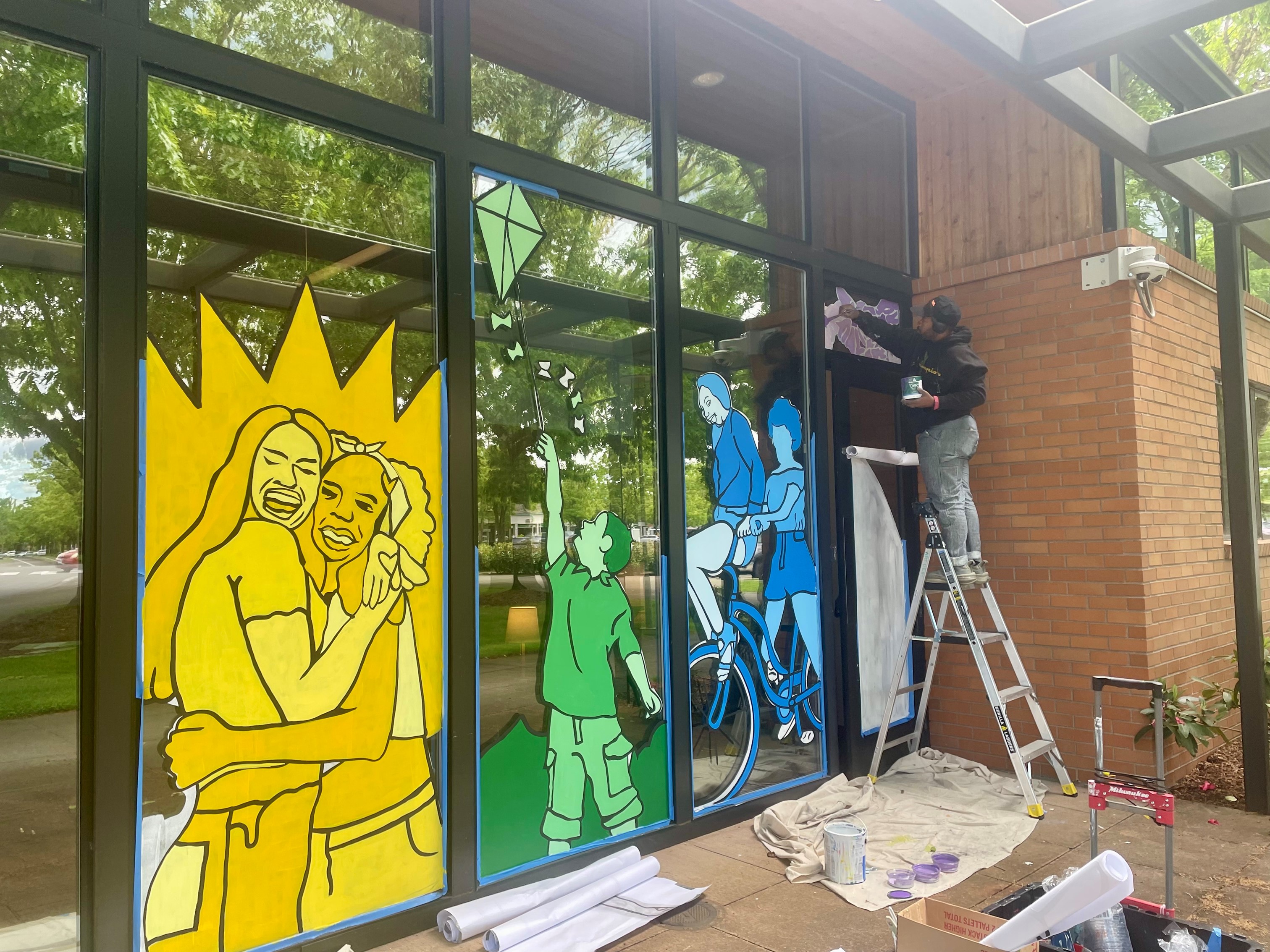Wilsonville residents file initiative to require voter approval for urban renewal
Published 2:39 pm Wednesday, May 7, 2025

- Wilsonville city councilors recently shared their perspectives on the city's plan to redevelop the Town Center. (Krista Kroiss/Wilsonville Spokesman)
This story has been updated from its original version.
Three Wilsonville residents filed an initiative proposing a ballot measure that would require the city government to receive voter approval before implementing urban renewal.
The chief petitioners — Eric Winters, Jeff Richmond and former mayoral candidate Rob Candrian — are preparing to gather signatures while the ballot title is reviewed by Wilsonville’s city attorney, the release said. The state requires the chief petitioners to gather signatures from 15% of voters registered in Wilsonville on the day the prospective petition is filed.
Also known as tax increment financing, urban renewal is a financial tool that can be used by municipalities to fund projects addressing “blight,” such as unsafe buildings. However, municipalities like Wilsonville have used urban renewal more liberally because it is one of few tools available to fund major public improvements.
Urban renewal involves freezing the tax base of a defined district for a set period of time and any growth above the frozen amount is reinvested into projects within the district rather than agencies such as police and fire districts that would ordinarily receive the funding.
What would the proposed measure do?
If the proposed ballot measure passes, the City Council would need to obtain voter approval before implementing an urban renewal plan. The measure would also aim to “provide additional transparency” about the urban renewal plan by requiring the city to disclose the maximum amount of debt associated with the urban renewal plan, the duration of that debt with the estimated amount of repayment, specific developmental projections that justify the debt and background information about the sources of debt repayment.
Wilsonville Economic Development Manager Matt Lorenzen said that the city is already required by law to include this information in an accompanying report to an urban renewal plan. He added that under the current advisory vote system, some of these details might not be finalized at the time of the vote, which was the case when the Town Center proposal went to voters last year.
“But best practice is to conduct a feasibility study to flesh out all of the details bulleted above and to provide that for public review before the vote, which the City did for the proposed Town Center urban renewal plan,” Lorenzen said in an email.
If this ballot measure were to be approved, the city would have to have those details finalized in advance of a binding citizen vote on urban renewal.
“This is slightly different from the City’s current practices, but not significantly different. Certainly, the intent to inform the public and taxing districts remains consistent under current practices, as well as if the City’s charter is amended,” Lorenzen said.
In February, House Minority Leader Christine Drazan, R-Canby, introduced a similar bill that would require local governments statewide to receive voter approval before implementing urban renewal.
The city of Wilsonville has traditionally used an advisory vote to gauge public opinion before implementing an urban renewal district. The city is not bound to the results of an advisory vote, but has historically adhered to the results. Last May, voters narrowly shot down a proposal to use urban renewal to fund infrastructure improvements that could hasten redevelopment within Town Center. Some community members have criticized the plan out of concern for increased density and traffic.
Details from the petition
A copy of the petition obtained by the Wilsonville Spokesman specified that the city would be required to notify voters of the number of new housing units and square feet of commercial and industrial space assumed when calculating the maximum allowed debt for the urban renewal plan.
The petition notes that non-substantial changes to urban renewal plans — with the substantial changes defined as expanding the “boundary, duration, borrowing or spending authority” of the plan or altering the “basic purpose” of it — may be approved by the City Council, but would not take effect for 90 days after adoption. Citizens would be able to call for another vote within that window after gathering the signatures of 5% of registered voters.
The petition would give citizens the opportunity to vote for the closure of an Urban Renewal Agency, which is responsible for creating an urban renewal plan. The measure would allow for the City Council to end the Urban Renewal Agency when debt from existing plans is retired, or allow it to remain open for up to four years. If no other urban renewal plans are approved, then the city would be required to allow voters to vote on whether the agency should remain open and terminate it at the will of the voters.
Oregon law states that a governing body can terminate an Urban Renewal Agency if there is no longer a need for one.
Petitioners say officials want to end advisory votes
The release cited a recent call to “eliminate optional, advisory voting” from the urban renewal process.
When asked for specifics, Richmond pointed to comments made by former Mayor Julie Fitzgerald during a City Council meeting last December and Mayor Shawn O’Neil during a work session on Monday, March 3. While both Fitzgerald and O’Neil expressed reservations about advisory votes, neither directly called for the practice to end and there is no formal proposal from the city to do so.
During a meeting on Monday, Dec. 2, Fitzgerald said at the end of a presentation on urban renewal that other mayors from Oregon have told her they “cannot believe” that Wilsonville uses an advisory vote for urban renewal, and said “hardly any city” does.
“We have an excellent history of it in Wilsonville, I believe we do need to have a lot of citizen involvement in task forces, but we need leadership to look at it and decide when is the best place to use urban renewal, and why,” Fitzgerald said during the meeting.
During the March work session, which was dedicated to informing the council of how the Town Center Plan was created, O’Neil discussed the May vote and a conversation he had at a house party during his mayoral campaign in August. He said he was asked at the time if he would vote in support of the urban renewal district for Town Center, and he responded that he was unable to answer because he felt it would be “improper, ethically” as he would need to understand the information presented to him as a member of the council.
O’Neil said he was also asked for his opinion on the May ballot measure in retrospect.
“And my comment was, I didn’t particularly think that you vote in an advisory vote. You elect city officials to make hard decisions, and I think advisory votes are what politicians use to hide behind making hard decisions,” O’Neil said, adding that he doesn’t believe what he “thought back in May” matters.
“What matters is a vote happened, and I have to look at it from a procedural due process … the voters voted, it’s been done. It’s obvious to me that we warrant further communication, and we’re warranted to have a further vote,” O’Neil said.
During that March 3 work session, Councilor Adam Cunningham said he believed the urban renewal votes should be binding rather than advisory.
‘Nonpartisan solution’
According to the press release, the chief petitioners are attorneys with views spanning the political spectrum and see the measure as a “nonpartisan solution” that ensures clarity and accountability on urban renewal projects. They “believe it is essential that voters have the ability to make fully informed decisions about the long-term financial and community impacts of urban renewal projects.”
“This initiative will codify Wilsonville’s tradition of honoring and trusting the will of the voters when it comes to the creation of an Urban Renewal district,” Candrian said in the release. “The largest financial decisions — with the greatest potential to fundamentally alter the shape of the community — should be decided by the voters.”
“Urban renewal plans can dramatically reshape a city and encumber the property tax base,” Winters said. “Our voters deserve all the information they need to understand the scope of such plans and their associated debts; the real measure of public support for a plan is holding an election with informed voters.”





